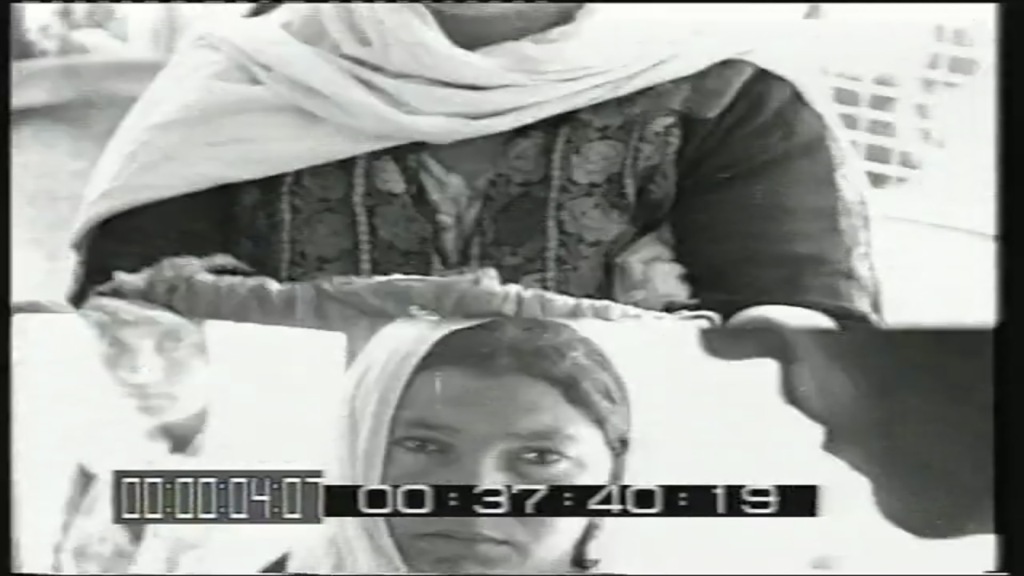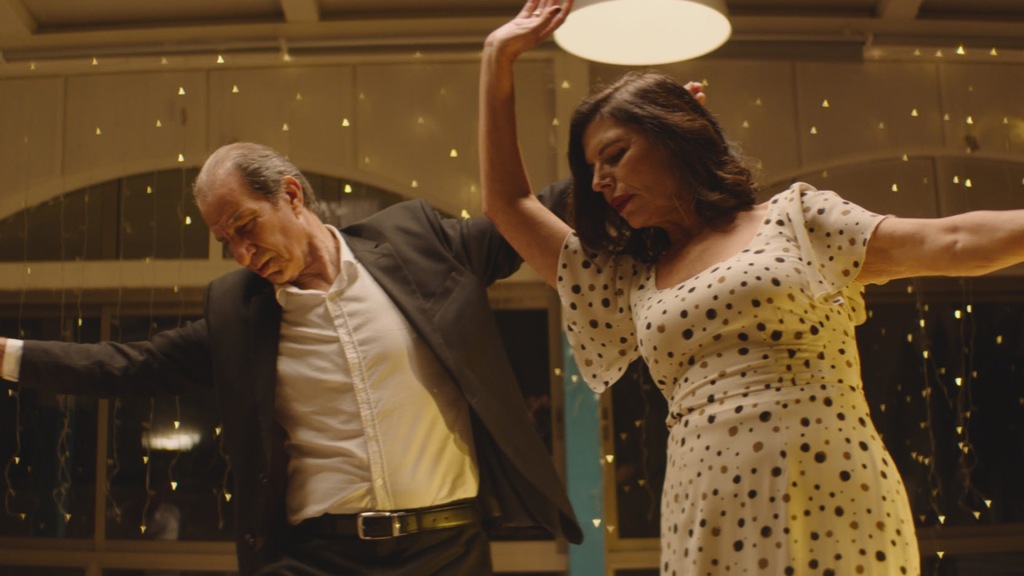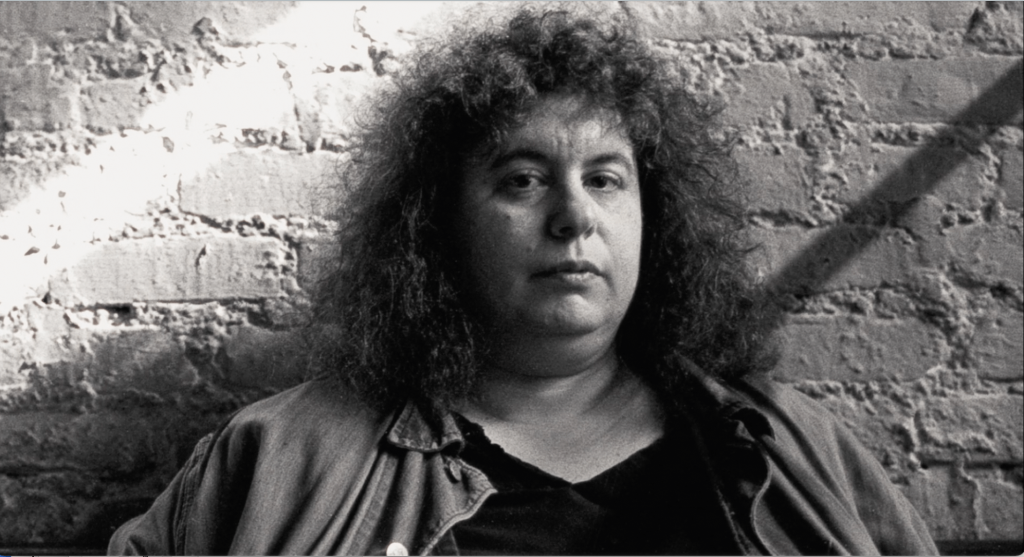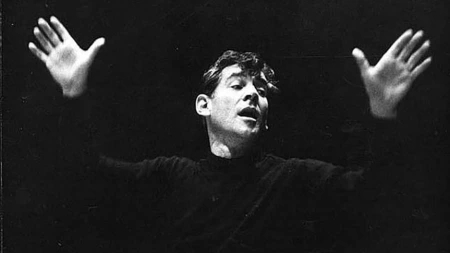Archive for August, 2022
Deeper Into Movies: San Francisco Jewish Film Festival 42
The San Francisco Jewish Film Festival just completed its 2022 run, which marked a return to in-person programming after two pandemic years during which the festival was almost exclusively online. As usual the programming spanned a wide range of genres and films.
The festival opened with the Israeli narrative, Karaoke, which looks at a middle-aged Tel Aviv married couple whose lives are upended when a swinging bachelor moves into the penthouse of their apartment building. The film is a subtle study of a seemingly banal and ordinary couple, unobtrusively revealing its story with restraint and insight. There’s a whisper of queerness that’s too understated to be called a twist but the information adds complexity to the overall effect of the film.
Another narrative, Haute Couture, is much more conventional and much less successful in its storytelling. Although beautifully shot and nicely acted, the film lacks much depth in its characterizations and is at its core deeply problematic. The story follows Esther, a seamstress in the Dior fashion house who meets Jade, a streetwise young French Arab woman, and takes her under her wing by giving her an apprenticeship at Dior. Though on the surface Haute Couture seems forward-looking by including actual Arab characters in a film set in France, most of the characters’ various cultural identities are plot devices that are quickly skimmed over, including a token trans character who primarily serves as window dressing. Even Esther’s Jewish identity is quickly introduced but ultimately irrelevant to her actions. Esther also utters some pretty egregiously racist comments, but the film uses the old trope of including an even more racist character to make Esther seem less offensive by comparison. Structurally, the movie races from one contrived plot point to the next, and Jade’s worshipful acceptance of her “rescue” from her ghetto roots reeks of white saviorism.
More successful were several documentary and essay film selections in the festival. JFF Director of Programming Jay Rosenblatt is a noted experimental filmmaker (his most recent accolade being an Academy Award nomination for Best Short Documentary) so it’s no surprise that the festival included films that depart from the standard narrative or documentary fare.
Oakland resident Pratibha Parmar’s My Name Is Andrea explores the life and legacy of radical feminist theorist Andrea Dworkin. Dworkin’s a controversial figure and has been reduced to a cartoon character over the years so revisting her work is a revelation, and the film showcases her charismatic presence and her unrelenting examinations of misogyny in contemporary US culture. Parmar re-enacts key moments in Dworkin’s life as played by several different actors including Ashley Judd and Christine Lahti, interspersed with archival footage of Dworkin herself in all her astute, well-spoken, and passionate glory. The film is visceral, gripping and ultimately brilliant and makes a strong case for the continued relevance of Dworkin’s perspective and theories on violence against women—she ain’t wrong, people.
A more conventional documentary, Bernstein’s Wall (dir. Douglas Tirola) looks at the life of legendary composer and conductor Leonard Bernstein as told almost exclusively in Bernstein’s own words. The film is archival archival archival, with Tirola taking a trove of footage and shaping it into a cohesive, engaging narrative. Although Bernstein himself never spoke publicly about his queerness, the film also includes excerpts from private missives between various intimates including mentor Aaron Copeland, Bernstein’s siblings, and his depressed wife, who describes herself as “the governess.” Nicely done and eminently watchable, the movie paints a respectful picture of Bernstein as a driven, ambitious, and somewhat frustrated artist whose consuming career may not have been very kind to some of the people closest to him.
In A Reel War: Shalal, director Karnit Mandel describes her experience trying to track down the whereabouts of the lost film archives of the Palestinian Liberation Organization that were seized by Israel during the 1982 Lebanon war. This incisive essay film emphasizes the importance of images in cultural memory and the way that cultural erasure and forced amnesia act as a forms of imperialism.
Babi Yar: Context, focuses on the genocide of the Jews in Ukraine during World War II. Ukrainian director Sergei Loznitsa (winner of the JFF Freedom of Expression Award) makes the case that residents of Ukraine were complicit in one of the most infamous Nazi atrocities, the 1941 massacre of nearly 34,000 Jews who over the course of two days were shot and buried in the Babi Yar ravine near the city of Kyev. The film, which is completely without narration, tells its story exclusively through archival footage and a reconstructed sound design. Although the evidence is circumstantial, Loznitsa deftly makes the argument for Ukranian complicity through footage such as the hero’s welcome that Nazi officials recieved in Ukraine and cheerful Ukranian women and children digging mysterious trenches. These are later followed by chilling testimony of both Jewish survivors and German perpetrators of the executions who described the massive scale of death. Although the film skirts toward atrocity porn, it nonetheless makes a cogent argument for the Ukranian collaboration in the “holocaust by bullets” that occurred at Babi Yar.








Recent Comments